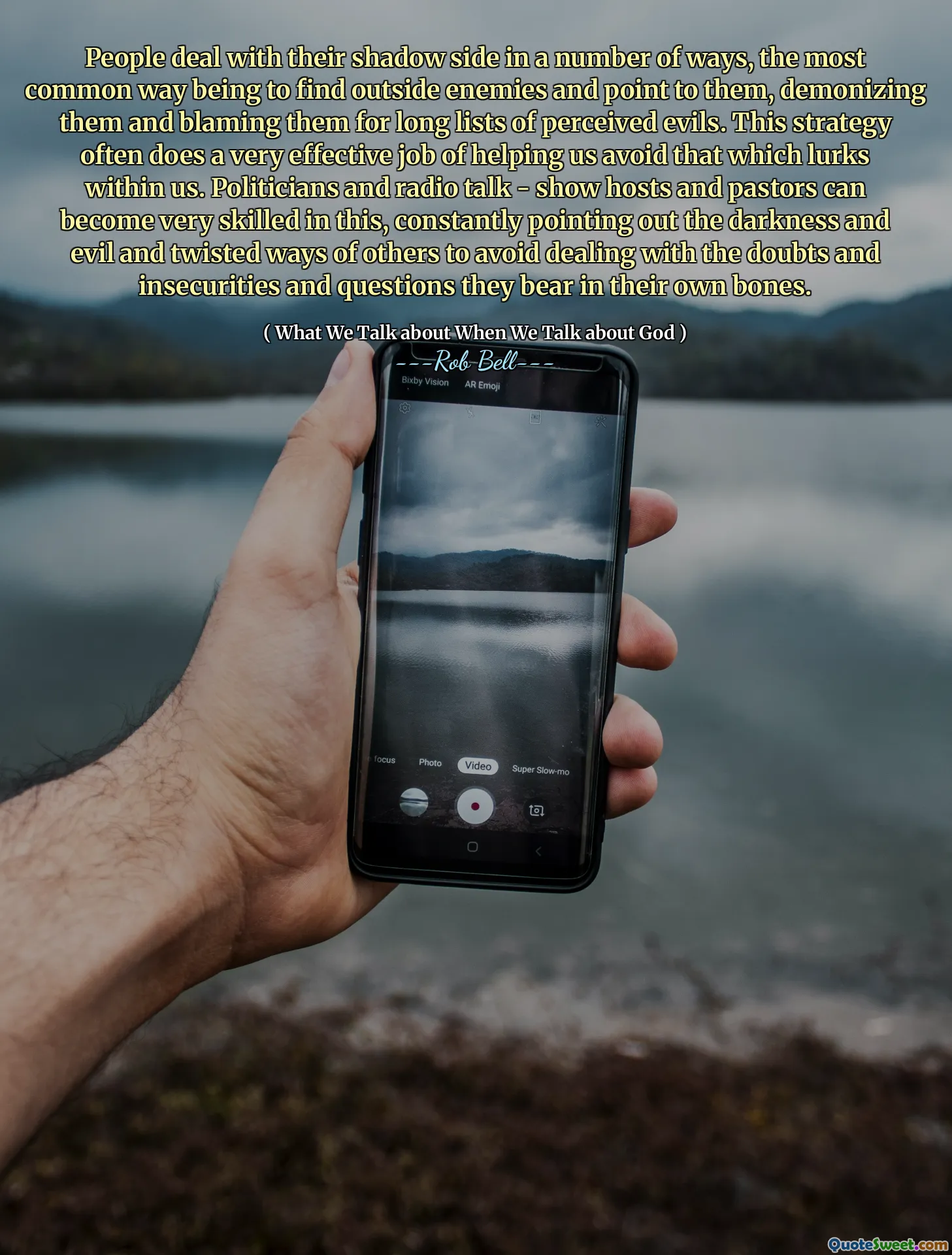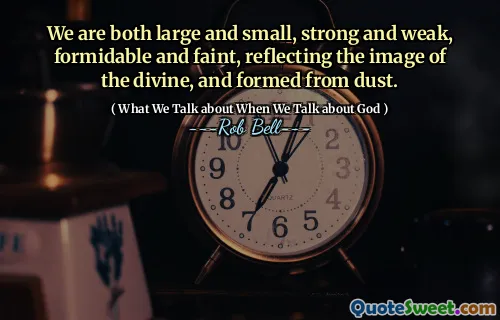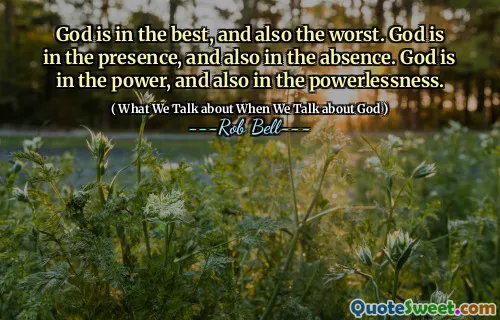
People deal with their shadow side in a number of ways, the most common way being to find outside enemies and point to them, demonizing them and blaming them for long lists of perceived evils. This strategy often does a very effective job of helping us avoid that which lurks within us. Politicians and radio talk - show hosts and pastors can become very skilled in this, constantly pointing out the darkness and evil and twisted ways of others to avoid dealing with the doubts and insecurities and questions they bear in their own bones.
This quote offers a profound insight into human psychology and societal behavior. It highlights how individuals and groups often deflect their inner conflicts and shadow aspects by projecting blame outward. Instead of confronting uncomfortable truths within themselves, they seek external enemies to demonize, which provides a temporary sense of clarity and moral superiority. This tendency is particularly evident among public figures such as politicians, media personalities, and religious leaders who may deliberately focus on the perceived evils of others to mask their own insecurities and doubts. Such dynamics can lead to polarized societies, where conflicts are centered around scapegoating rather than self-reflection and growth. Recognizing this pattern invites us to examine our own tendencies, challenging us to confront our flaws and insecurities head-on instead of redirecting our energy toward blaming others. This process of inner acknowledgment is difficult and often painful but ultimately essential for genuine growth and authentic relationships. The quote reminds us that true peace and understanding require honesty and humility, breaking free from the cycle of projection. By doing so, we open the door to meaningful self-awareness and healthier interactions, fostering a culture where introspection takes precedence over external blame. In a broader sense, it encourages us to examine the narratives we uphold and question the motives behind the conflicts and divisions we observe in society—urging us to start from within to cultivate real change.








